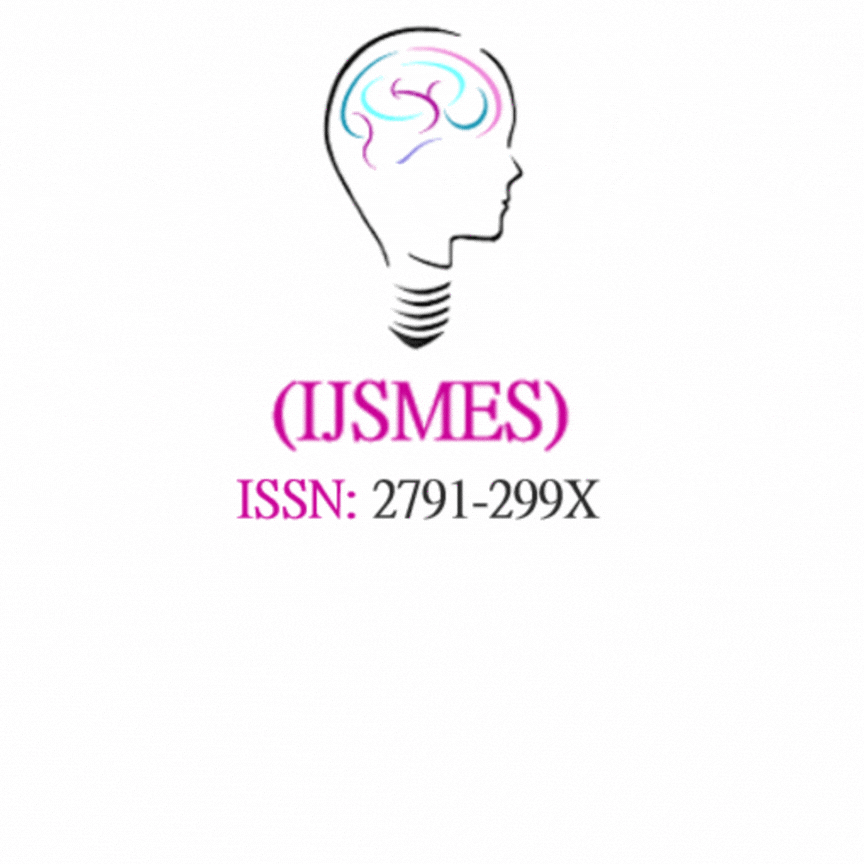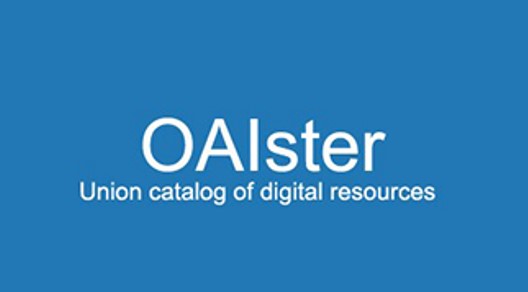The tax incentive framework for investment in the new configuration of the new development model
DOI:
https://doi.org/10.5281/zenodo.7373244Keywords:
Capital accumulation; productive Investment; incentive taxation; tax expenditures; NDM.Abstract
Over the past two decades, the process of capital accumulation in Morocco has gone through a tough journey before reaching an interesting milestone in terms of capital intensity. This process forced public leaders to consider the direction to be followed in order to enable the Moroccan economy to succeed in its structural transformation.
Nevertheless, Morocco records an under exploitation of its physical capital and a huge lack of gain in the return on productive investments. Therefore, the Moroccan growth regime can be qualified as an extensive process to the extent to which its valuation is ensured by the increase in factors of production without growth being driven essentially by significant productivity gains.
Consequently, the diagnosis established by the New Development Model (NDM) commission recommended accelerating structural transformation to direct investment towards growth sectors and productive ecosystems through an appropriate incentive framework.
Our objective in this article is to clarify the interest of setting up such a mechanism and the evaluation of the current framework with the proposal of ambitious alternatives capable of correcting the failures of the framework in order to converge towards the recommendations of the NMD.
Downloads
Published
How to Cite
Issue
Section
License

This work is licensed under a Creative Commons Attribution-NonCommercial-NoDerivatives 4.0 International License.























